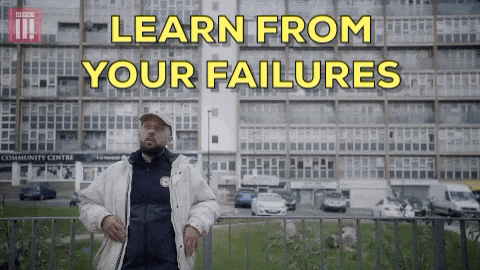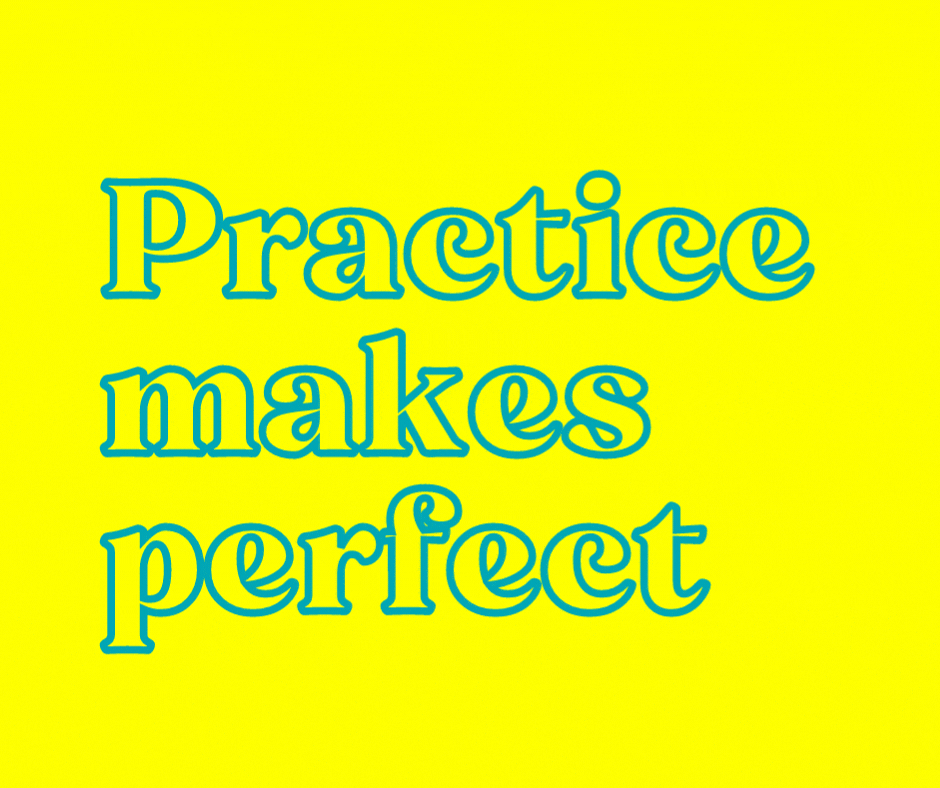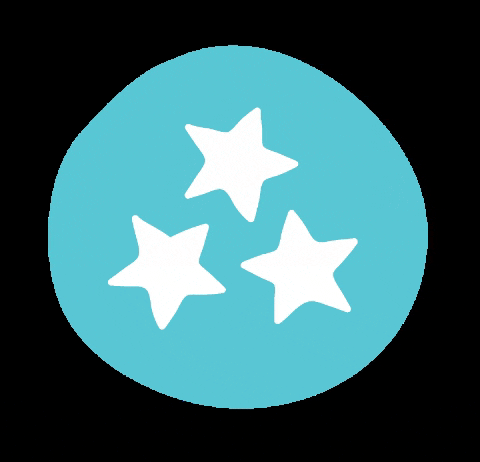How I’m Turning My Failed Technical Interviews Into An Advantage

Photo by Sabine van Straaten on Unsplash
Table of contents
- Introduction
- 1️⃣ Being intentional about learning from every failed interview.
- 2️⃣ Reaching out to the recruiter / hiring manager (if possible).
- 3️⃣ Learning from those who have achieved success.
- 4️⃣ Improving your interviewing skills with practice.
- 5️⃣ Gaining relevant experience to stand out.
- Recap
- Useful Links
Introduction
Do you want to land a job as a developer? Its simple. Attend a Bootcamp or take some free course online. Optimize your LinkedIn profile with the right keywords. And recruiters will come knocking with job offers. Right? I wish it was that easy. The reality is, it isn’t.
Breaking into tech in 2022 is no walk in the park. If you have no commercial experience or Computer Science (CS) degree, its even harder. I don't mean to scare you. My intention is to dispel any disillusions you may have about getting your first job in tech.
I recently started this process of searching for my first dev job. It's been a roller coaster. As at the time of this writing, I've been invited to two interviews. I failed both. However, instead of letting them become a source of frustration, I’ve decided to find ways of turning these failures into an advantage.
How can failed interviews be an advantage? In this post, I will share how I intend to use them to improve both professionally and personally. Stick around and I promise you will find some useful points. Okay, let’s get started.

1️⃣ Being intentional about learning from every failed interview.
Yes, failing an interview sucks. Even more when you actually put in loads of time and effort in preparation. A failed interview can easily discourage you if you let it. However, dwelling on it negatively wouldn’t do you any good.
Why would you let it bug you when you can actually profit from the experience. There will always be something you can learn to help you in your next interview. For example, in one interview, I was given a problem to solve with TypeScript. I failed. I had zero knowledge of TypeScript.
After that, I made a decision to learn TypeScript. Now, I can code with TypeScript. An addition to my skill set. This wouldn’t have happened (at least not yet) if I hadn’t failed that interview. There’s always a silver lining with every failed interview. Are you willing to find out what that is and use it to your advantage?

2️⃣ Reaching out to the recruiter / hiring manager (if possible).
Another practical step you can take after an interview is to reach out to your interviewers. Thank them for the opportunity and ask for feedback. Ask them what they think you did well. And also what areas they think you need to improve.
When you reach out, do not only ask. You should be ready to give too. Give them feedback on the interview process. If you found something impressive, let them know. And if there’s something you think they can do to improve the experience for future candidates, share with them.
I sent an email to one hiring manager after the interview and he responded kindly. He provided me with some useful feedback. He also asked me to stay in touch with him. And even mentioned the possibility of collaborating on some projects in the future.
Not every recruiter or hiring manager will respond. And that is nothing to worry about. Their response (or lack of it) is out of your control. However, if they do respond to you, and they’re even open to keeping in touch, it will be a way to expand your network with relevant industry players.

3️⃣ Learning from those who have achieved success.
It can be tempting to think the people we admire in the industry did not experience their share of failures and rejections. Sometimes, when you read or listen to their stories, you realize how untrue this is.
If you’ve failed multiple interviews before, you’re not the first. Neither will you be the last. Many have been there and come out successful. Fortunately, some of them have been generous enough to share their stories. There are loads of resources available on how one can excel at interviews.
Personally, I enjoy listening to dev podcasts. Some of my favorites are the Scrimba Podcast and the CodeNewbie Podcast. I also recently read Nadia Zhuk’s Crossing The Rubycon and Randall Kanna’s The Standout Developer. These are useful resources. You should check them out.
Learning from your experience is good. Learning from the experience of others is great. There are some mistakes you can avoid if you learn from others.

4️⃣ Improving your interviewing skills with practice.
Interviewing is a skill. It takes practice to become better at it. When you invest time and effort to prepare, you increase your chances of excelling. The best time to practice is not days before the interview. Practice in advance - before you're invited for an interview.
Jump on video calls with your buddies. Do mock interviews. Switch roles as interviewer and interviewee. Solve coding challenges together. And don’t just write code. Talk through your solutions. Practice communicating your thought process while you code. This is a valuable skill to have.
I have coding buddies I practice with. And when they are not available, I use a resource like PRAMP. You get paired with other developers and you take turns interviewing each other with common interview questions. Its free to use. Check it out
Or you can practice on your own. Think out loud when solving coding challenges alone. When I started doing this at first, it was weird. With time I’m becoming comfortable with it. Try it.

5️⃣ Gaining relevant experience to stand out.
Sometimes, it will take more than just passing an interview to land the role. What if you do well in the interview and other candidates also do well? What would make whoever is making the hiring decision choose you over other equally qualified candidates?
Use the skills you’ve acquired to build more challenging projects. Projects that will require you to step out of your comfort zone. You can also explore contributing to open source projects. Or freelancing. If you have no CS degree or professional experience as a developer, these are some ways to make up for it.
Also, the tech industry isn't all about writing code. There are diverse roles you can consider.
For example, whilst interviewing for developer roles, I’ve been exploring technical writing. And I recently landed my first paid gig as a technical writer. It was an exciting project to work on. What other relevant skills or experiences can you leverage to be a standout?
Recap
Interviews, especially technical ones, can be stressful. And failing at them can be demoralizing if you let it. In this post, we have discussed some ways we can turn failed interviews into an advantage.
We considered the following;
- Being intentional about learning from every failed interview
- Reaching out for feedback after the interview
- Learning from those who have achieved success
- Improving your interviewing skills with practice
- Gaining relevant experience to stand out
I believe you found these points useful. If you’re currently in job search season, I wish you the best! Check out the list below for all the resources mentioned in this article.
Useful Links
- The Scrimba Podcast
- The CodeNewbie Podcast.
- PRAMP - Free Resource for Practicing Live Interviews
- Crossing The Rubycon - How to Learn to Code and Build a Programming Career by Nadia Zhuk
- The Standout Developer by Randall Kanna
Note: This is the first of a series of articles for the Hashnode #4articles4weeks Writeathon. I would love to know what you think. Share your thoughts in the comments section below.